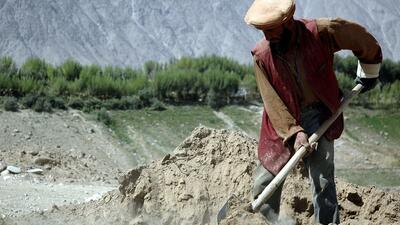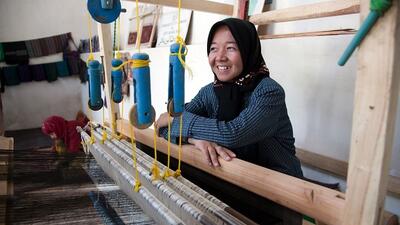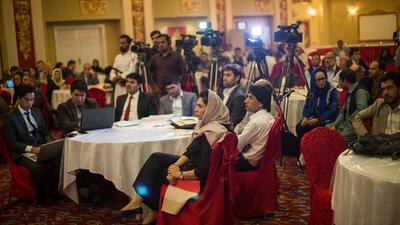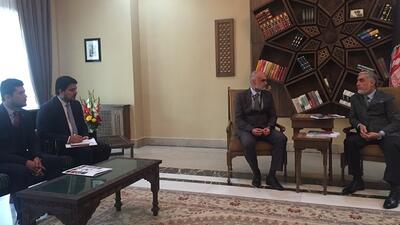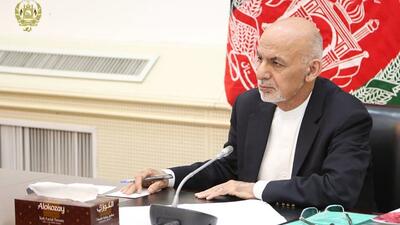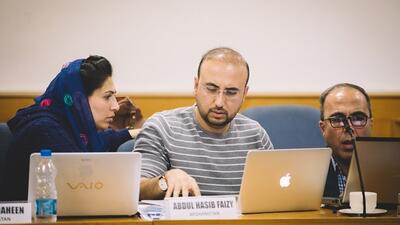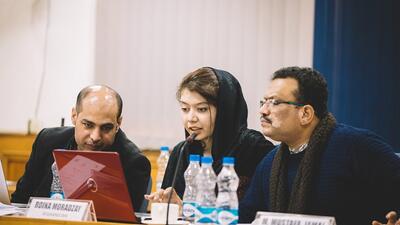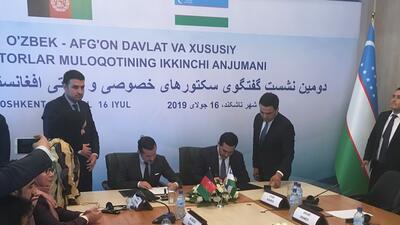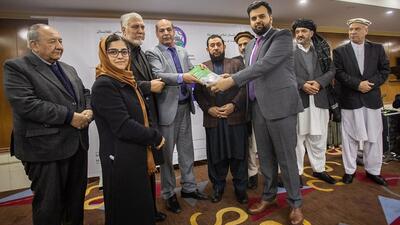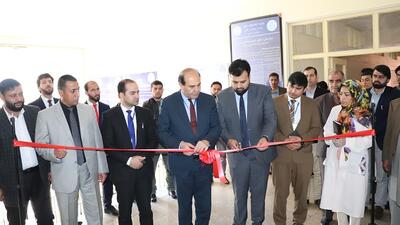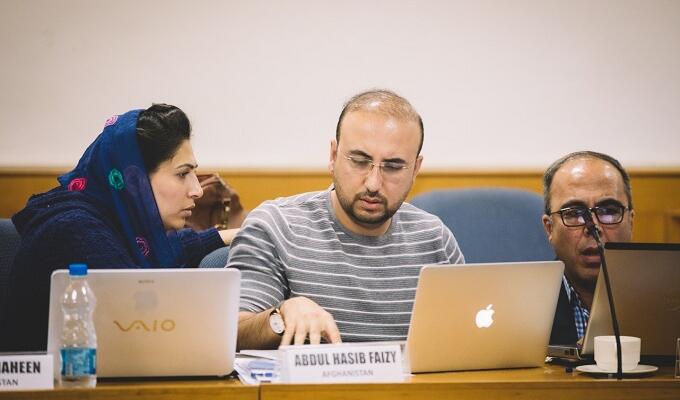
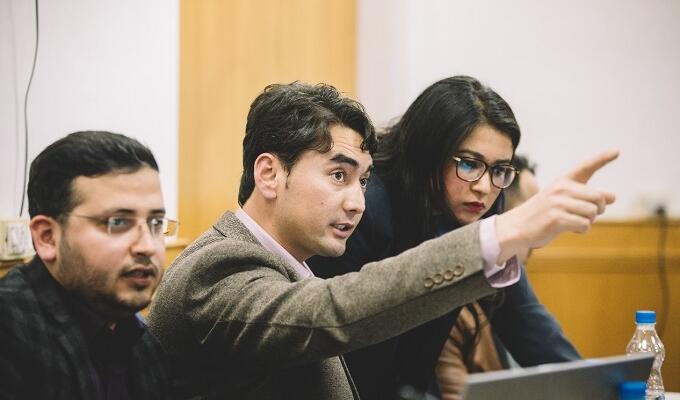
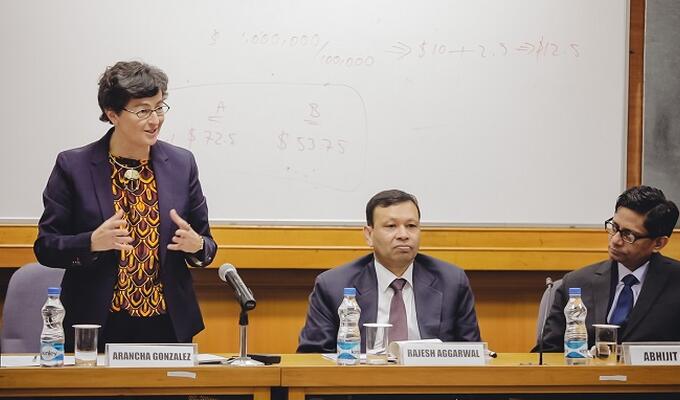
Building trade policy capacity in Afghanistan through triangular cooperation
Afghan trade officials and business representatives are expanding their skills to foster trade-led growth in the country, through a training programme that is part of a project implemented by ITC.
Launched last October, the one-year trade policy capacity building programme, organized by the Centre for WTO Studies (CWS) at the New Delhi-based Indian Institute of Foreign Trade (IIFT), is part of the European Union-funded Advancing Afghan Trade project.
The participants – mostly officials from Afghanistan’s Ministry of Commerce and Industries (MoCI) with a few representatives from the private sector, academia and think tanks – flew in from Kabul for course modules in January and February.
Subjects covered ranged from trade data analysis, key principles of World Trade Organization law, Afghanistan’s own schedule of WTO tariff commitments, access terms in foreign markets, agriculture, trade remedies, standards and regulations, services trade.
“This is a two year structured intervention aimed at enhancing the institutional and human resource capacity within the Government of Afghanistan, explained Abhijit Das, the CWS professor overseeing the programme. He explained that the programme would help Afghanistan take advantage of the commercial opportunities created by its 2016 accession to the WTO, and to benefit from economic globalization more generally.
ITC Executive Director Arancha González met with participants in New Delhi in February. “The men and women in this programme are already established leaders in the public and private sectors in Afghanistan,” she said. “This training will help them to better formulate trade policies, engage with neighbouring countries, and enhance the export competitiveness of Afghan businesses.” She added that “with the participation of representatives from Afghan universities and think tanks in the programme, there will be positive spillovers on the quality and depth of Afghanistan-based education and policy analysis on trade issues in the future.”
“The participants that we have here are going to be able to deliver the message of public awareness, the implications of [WTO] accession for Afghanistan, and as well as the activities that we need for the post-accession era,” said Zaibhullah Mudabber, MoCI’s director for WTO Affairs. Stressing the importance of capacity building for Afghanistan to meet its WTO commitments, he added “this training will help us create a solid information base for public awareness both in the public and private sectors. It will also help us to convince academic institutions like Kabul University to include topics of trade and WTO in their curriculum.”
Ellaha Shaheen, another ministry official, said the programme would directly benefit her work as director of export promotion. “Previously my knowledge and understanding was largely domestic and traditional but now with more knowledge of WTO, and a better technical understanding, I would be able to work more systematically on enhancing MoCI’s export promotion,” she said
Ehsan Saadat, a Research Project Manager at the Afghanistan Public Policy Research Organisation (APPRO) praised the effective and practical teaching, with individualized attention for participants. “The exercises we did here will help APPRO with the analysis of quantitative data for different research projects in Afghanistan.” He said that APPRO hoped to expand its own training curriculum for public and private sector employees to cover similar issues.
“For us at CWS, it is a very satisfying experience to interact with the officials from the Government of Afghanistan,” said Mr. Bhatnagar, looking ahead to upcoming sessions that are set to cover intellectual property rights, policy flexibilities allowed within WTO rules, dispute settlement, trade negotiation strategies and emerging issues such as electronic commerce, investment, and global value chains.
The training programme will include a study tour designed to shed light on how officials from Indian ministries, customs agencies, business associations, trade promotion agencies, and special export zones view trade-related challenges. Two participants will stay on for an internship at the CWS, which will entail work with the Indian commerce department.
Now in its second year of implementation, the Advancing Afghan Trade project has worked to foster policy reforms and regulatory coherence. It has supported the Afghanistan government to draft two key policy documents - a National Export Strategy focused on developing export sectors with high growth and employment potential, and a broader National Trade Policy aimed at enhancing the country’s export competitiveness - and is supporting Afghanistan in implementing the WTO Trade Facilitation Agreement. Finally, since many Afghan businesses struggle to meet international health and safety standards, the project is working to enhance product quality and improve the domestic institutional infrastructure for product safety testing and compliance certification.
For short film interviews of participant undertaking the training click here.
For more information about the Advancing Afghan Trade project, please visit: http://www.intracen.org/AAT/




